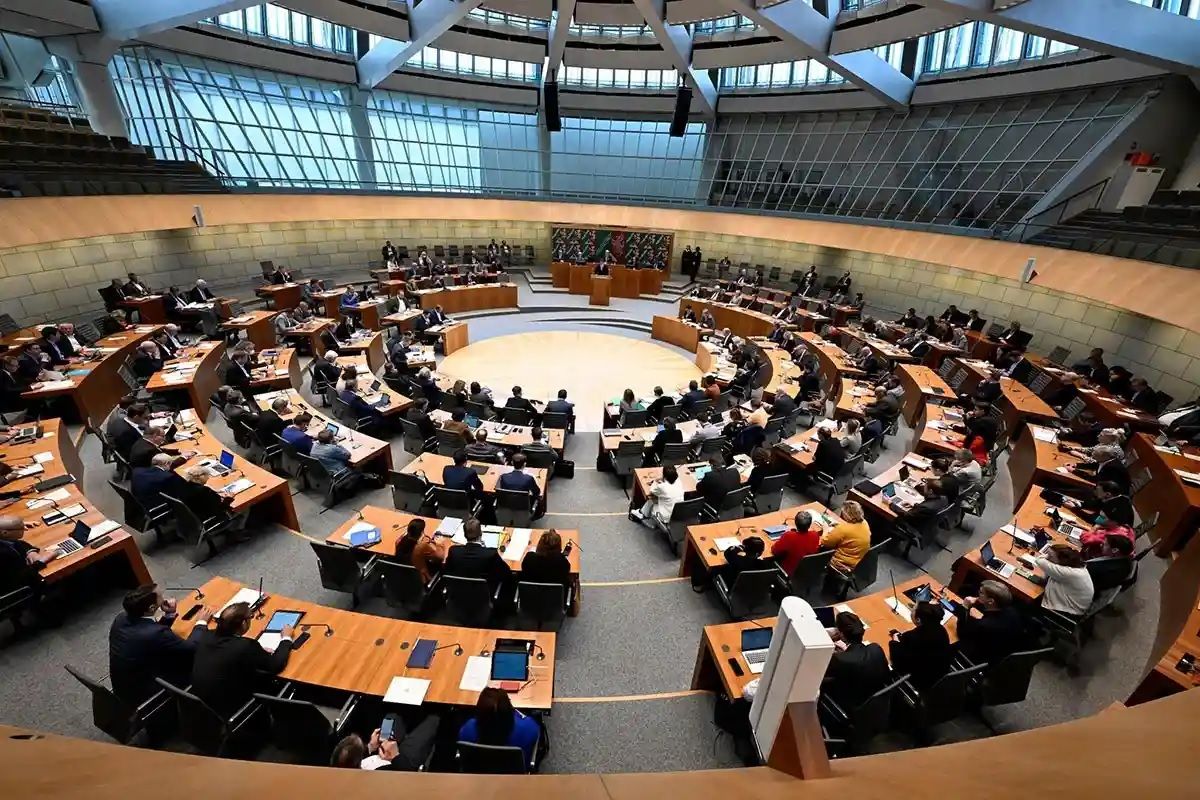The citizenship reform in Germany is facing delays. The delay means that the government's citizenship bill will not be adopted this year.
The two left-leaning parties in the coalition, the Social Democrats (SPD) and the Greens, wanted to introduce a landmark citizenship law to the Bundestag's agenda this week but failed to do so due to disputes with the Free Democrats (FDP).
The citizenship reform in Germany is facing delays
According to the DPA news agency, the FDP resisted proposals from its two coalition partners to make amendments, with a sticking point being the granting of citizenship to non-EU citizens who had previously applied for benefits.
The SPD insists on exceptions for disabled individuals, single parents, and relatives of guardians, after the bill was criticized by Germany's disability commissioner.
SPD parliamentarian Hakan Demir stated in the Bundestag that "negotiations on naturalization reform must continue."
On the other hand, FDP politician Konstantin Kuhle emphasized the party's desire to "more closely link the citizenship law to economic integration and make the criteria for not being eligible for privileges even more stringent."
Another point of contention is the extension of the detention period for migrants denied asylum and issued deportation orders.
"The FDP is not ready to lower the expectations of the states and municipalities", said Kuhle.
The coalition aims to ensure that deportations are no longer delayed at the last minute, which often happens, for example, due to difficulties in locating the individuals involved.
As this week is the last week of parliamentary work before the winter break, the delays mean that the bill will be postponed to the next year.
This results in additional delays for foreigners who were awaiting the upcoming liberalization of citizenship acquisition rules, including permission to hold multiple citizenships and naturalization after five years of residence in the country or three years in cases of special integration.
Earlier this week, coalition partners held an emergency summit after their spending plans for 2023 and 2024 were thrown into disarray by a constitutional court decision that deemed elements of their budget unconstitutional.
These fiscal disputes have led to a significant loss of time in the remaining parliamentary session.
Related topics:
The SPD's insistence on exceptions for certain groups, such as disabled individuals and single parents, is adding complexity to the negotiations.Despite the FDP's desire to tighten the criteria for not being eligible for privileges and their resistance to extent the detention period for migrants, the bill's adoption has been postponed to the next year due to the disagreements.




